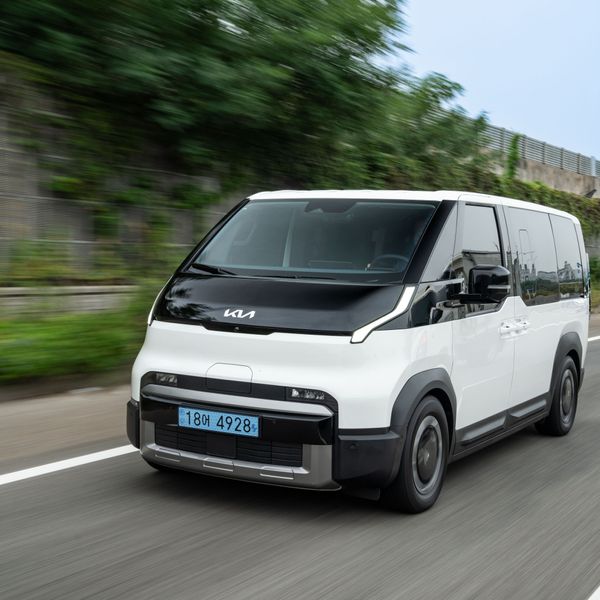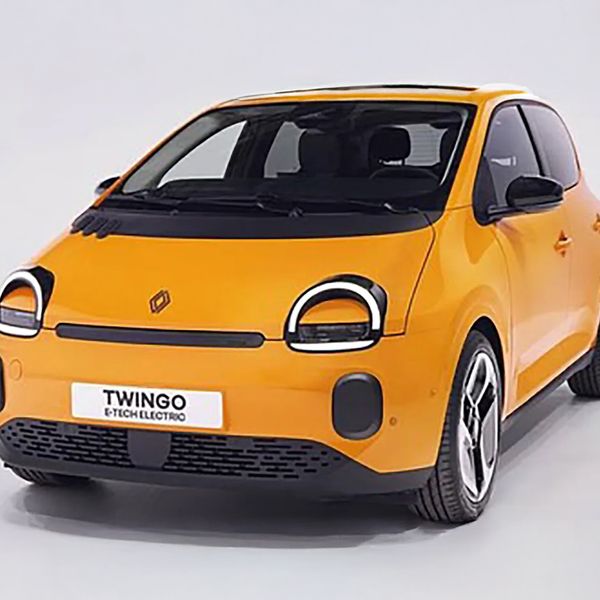The Department for Transport (DoT) has launched a new public consultation into the future of the MOT test, including proposals that could change the way electric and hybrid cars are tested.
Among wide-ranging propositions, such as changing the date of a new car’s first MOT from three years since first registration to four, the DoT points out that “major advances in vehicle technology” could mean that the MOT as we know it now will soon no longer be fit for purpose.
How we assess hybrid and electric cars will be examined thoroughly for the first time, in anticipation of a large number of electric cars being sold today needing their first MOTs by the middle of the decade.
Presently, hybrid vehicles featuring a combustion engine are not tested for emissions as part of the MOT - the technical barrier posed by getting some battery assisted cars to run their combustion engines from idle means it’s just not practical to enforce a testing standard for all hybrid vehicles. The DoT says that this is a “significant issue”, and that more research needs to be conducted into how polluting older hybrid cars are.
The existing MOT for electric cars is very similar to the test procedure conducted on petrol and diesel ones, but that could change. How an electric car’s battery is assessed could become far more important. Presently, an electric car’s battery only needs to demonstrate that it can start the vehicle and run all the lights. Guidance for testers states the batteries should be inspected visually for leaks if possible, but with modern electric cars, with their battery packs well shielded and hidden, this is nearly impossible.
The DoT proposes that “ongoing technology advancements” should include new tools that MOT testers can use to check the health of an electric car’s battery, for a more robust electric car testing procedure. The department also highlights safety issues posed to testers when dealing with the high-voltage systems found in electric cars.
And the rules around electric vans could change too - the additional weight of their batteries means some vans exceed the 3.5 tonne MOT testing threshold, and are instead subject to the same test as HGVs. The DoT says that it needs to “assess the merits of increasing the MOT testing threshold against any safety considerations.”
The consultation also breaches the subject of electric conversions, pointing out that these are typically high-end cars and classics. It says that more needs to be done to assess the safety of these conversions, and also that converted cars could be reclassified as electric vehicles and charged the appropriate VED rate. The MOT could play a role in this certification process.











